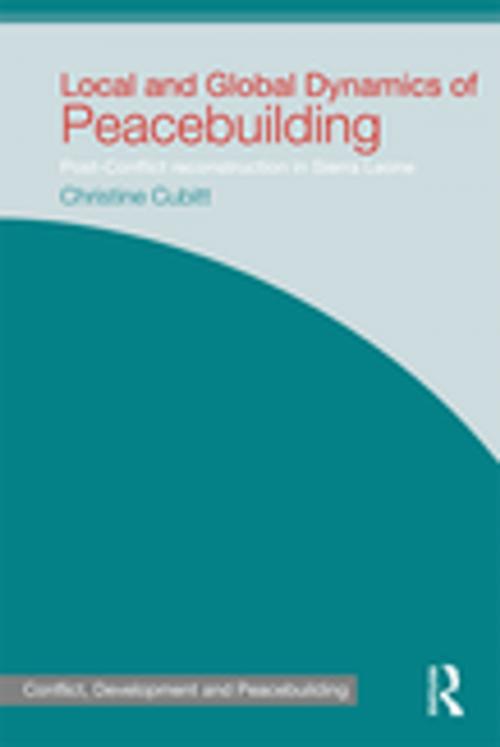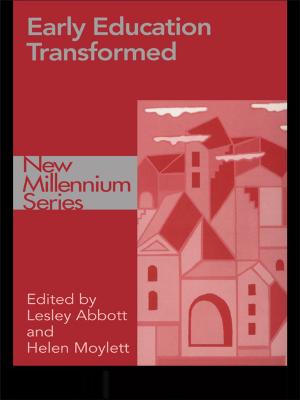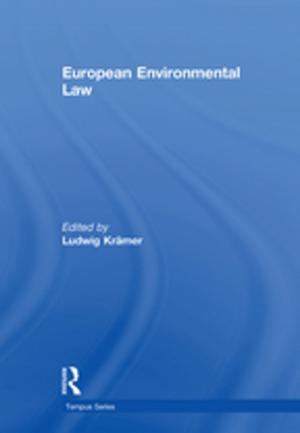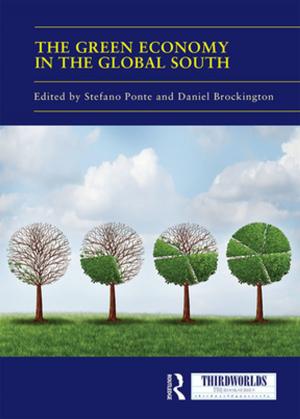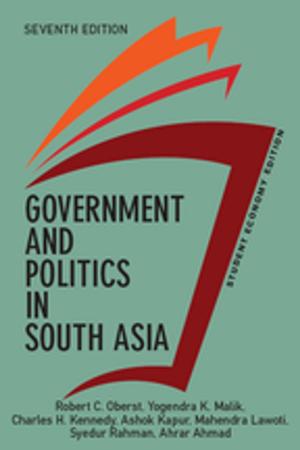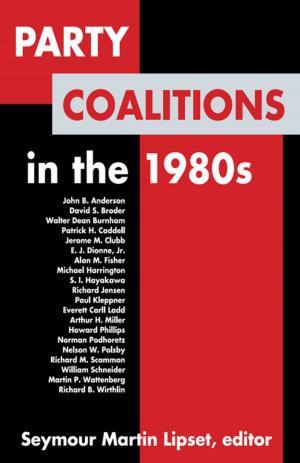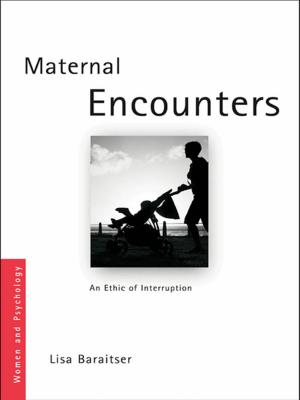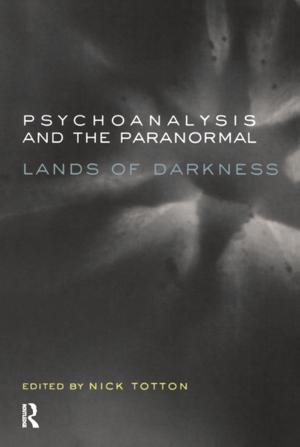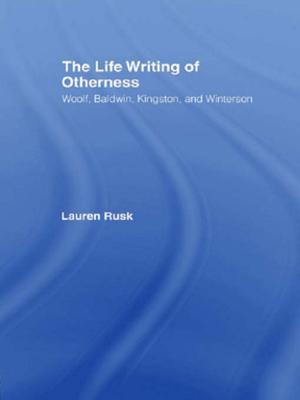Local and Global Dynamics of Peacebuilding
Postconflict reconstruction in Sierra Leone
Nonfiction, Social & Cultural Studies, Political Science, International, International Relations| Author: | Christine Cubitt | ISBN: | 9781136581199 |
| Publisher: | Taylor and Francis | Publication: | March 12, 2012 |
| Imprint: | Routledge | Language: | English |
| Author: | Christine Cubitt |
| ISBN: | 9781136581199 |
| Publisher: | Taylor and Francis |
| Publication: | March 12, 2012 |
| Imprint: | Routledge |
| Language: | English |
Local and Global Dynamics of Peacebuilding examines the complex contributing factors which led to war and state collapse in Sierra Leone, and the international peacebuilding and statebuilding operations which followed the cessation of the violence.
This book presents nuanced and contextually specific knowledge of Sierra Leone’s political and war histories, and the outcomes of the implementation of programmes of post-conflict reforms. It embodies an analysis of the complex challenges involved in aligning international norms and values to local expectations and local priorities, and examines the role of local and global actors and structures in attempts to build a strong state and lasting peace. Using a theoretical framework informed by ‘liberal peace’ philosophy, as well as detailed and nuanced empirical evidence from the field, the book constructs a critical analysis of the contemporary global paradigm for building longer-term peace in war-torn, fractured and fragile societies.
This book will be of much interest to students of peacebuilding, war and conflict studies, development studies, African politics, and IR/security studies.
Local and Global Dynamics of Peacebuilding examines the complex contributing factors which led to war and state collapse in Sierra Leone, and the international peacebuilding and statebuilding operations which followed the cessation of the violence.
This book presents nuanced and contextually specific knowledge of Sierra Leone’s political and war histories, and the outcomes of the implementation of programmes of post-conflict reforms. It embodies an analysis of the complex challenges involved in aligning international norms and values to local expectations and local priorities, and examines the role of local and global actors and structures in attempts to build a strong state and lasting peace. Using a theoretical framework informed by ‘liberal peace’ philosophy, as well as detailed and nuanced empirical evidence from the field, the book constructs a critical analysis of the contemporary global paradigm for building longer-term peace in war-torn, fractured and fragile societies.
This book will be of much interest to students of peacebuilding, war and conflict studies, development studies, African politics, and IR/security studies.
